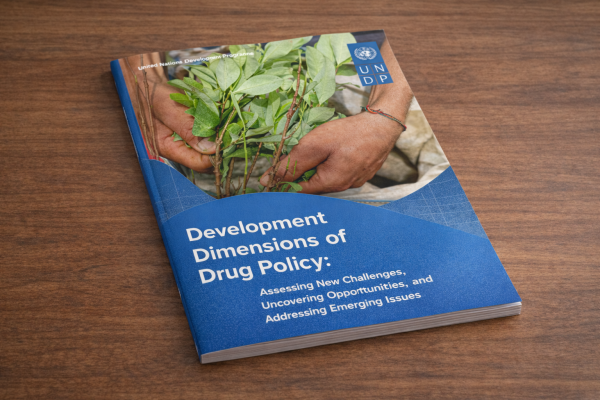22nd April 2022
For more than 50 years countries have pursued a drug-free world. This unobtainable goal has had many detrimental consequences, one of them has been the destructive impact on the environment. The prohibitionist approach to drugs is putting the environment under threat. Below is a summary of just some of the ways the drug war is costing the environment.
Chemical eradication of crops
Authorities in South America have used crop eradication to prevent the illegal cultivation of coca, a policy promoted by the United States to tackle the illegal cocaine supply. The process involves aerially fumigating drug crops using a chemical mixture that includes herbicide glyphosate (which kills any plant exposed to a certain amount). Despite now being banned in several countries, Colombia has recently sought to resume the practice.
Chemical eradication does:
- Destroy plant life and food supplies, and contaminates water and soil
- Endanger the health of people living nearby, particularly those involved in growing the crops who are some of the most marginalised communities in Colombia
- Endanger the health of wildlife who lose their food source and become contaminated themselves
Chemical eradication does not:
- Permanently disrupt the cultivation of coca and the cocaine supply
Deforestation
Coca farmers deforest areas in some of the most remote locations of South America to make space for growing crops. Eradication exacerbates deforestation, as farmers move to a new location and repeat the process. These farmers are often from extremely poor communities, given no other option than to participate in the illegal drug trade in order to survive. Legal regulation of coca production would ensure that destructive environmental practices in cultivation are reduced, growers would no longer need to hide in remote forested locations, and governments wouldn’t need to pursue fumigation practices.
Pollution
Since the drug war leaves unregulated organised crime groups in control, waste chemicals used in drug manufacture are illegally disposed of, often into waterways or on land in ecologically vulnerable environments. This illegal waste disposal leads to soil degradation, destruction of vegetation, contamination of water sources and loss of aquatic life. This has been recorded from the rainforests of Colombia to national parks in The Netherlands (as a result of illegal MDMA production).
Unlike the chaos and environmental destruction of unregulated illegal markets fueled by the drug war, responsibly regulated legal production allows meaningful environmental protections to be put in place. With the continuously increasing urgency to save our planet and protect the people and animals on it, we also need to talk about what a sustainable, legally regulated approach to drug production could look like.
Governments across the world continue to pursue a failing and short-sighted prohibitionist approach to drugs, which is destroying people’s lives and our environment. Only legal regulation will ensure that the illegal drug trade is taken away from organised crime and made safer, from production through to supply and use. We all share the same goals – a safer, healthier and more just world.
Read our briefing for more information: 'Count the Costs: Drugs and the Environment'




